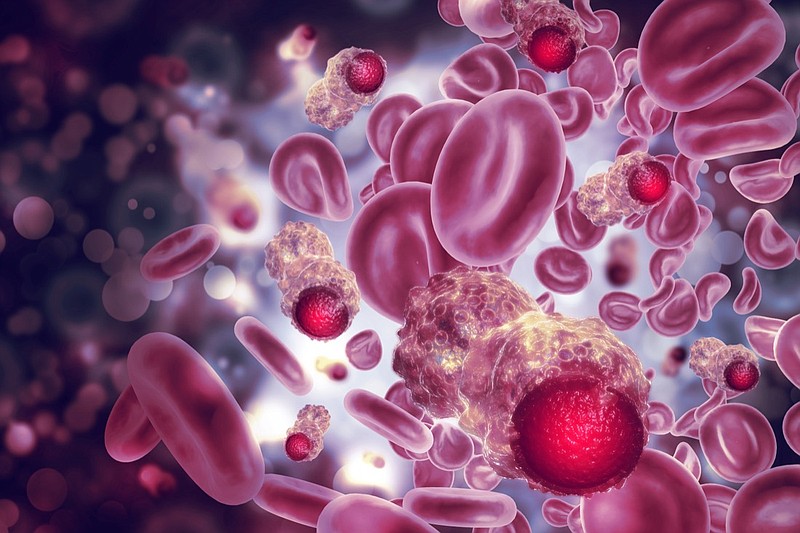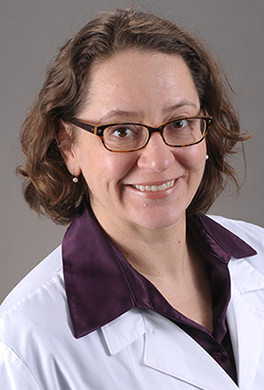Q: How do you get anal cancer, and how can I prevent it?
A: We do not know the exact cause of most anal cancers. But we do know that certain risk factors are linked to anal cancer. A risk factor is something that increases a person's chance of getting a disease. They include:
* Age: Most people with anal cancer are over 50 years old.
* Anal warts: Infection with the human papilloma virus (HPV), which causes condyloma (warts), may increase the chance of developing anal cancer.
* Anal sex: Persons who participate in anal sex are at an increased risk.
* Smoking: Harmful chemicals from smoking increase the risk of most cancers, including anal cancer.
* Immunosuppression: People with weakened immune systems, such as transplant patients who must take drugs to suppress their immune systems, and patients with HIV (human immunodeficiency virus) infection, are at a somewhat higher risk.
* Chronic local inflammation: People with long-standing anal fistulas or open wounds are at a slightly higher risk.
* Pelvic radiation: People who have had pelvic radiation therapy for rectal, prostate, bladder or cervical cancer are at an increased risk.
Few cancers can be totally prevented, but your risk may be decreased significantly by reducing your risk factors and by getting regular checkups. Avoid anal sex and infection with HPV and HIV. Use condoms whenever having any kind of intercourse. Although condoms do not eliminate the risk of infection, they do reduce it. Stopping smoking lowers the risk of many types of cancer, including anal cancer.
Shauna Lorenzo-Rivero is a colorectal surgeon at University Surgical Associates and a member of the Chattanooga-Hamilton County Medical Society.

